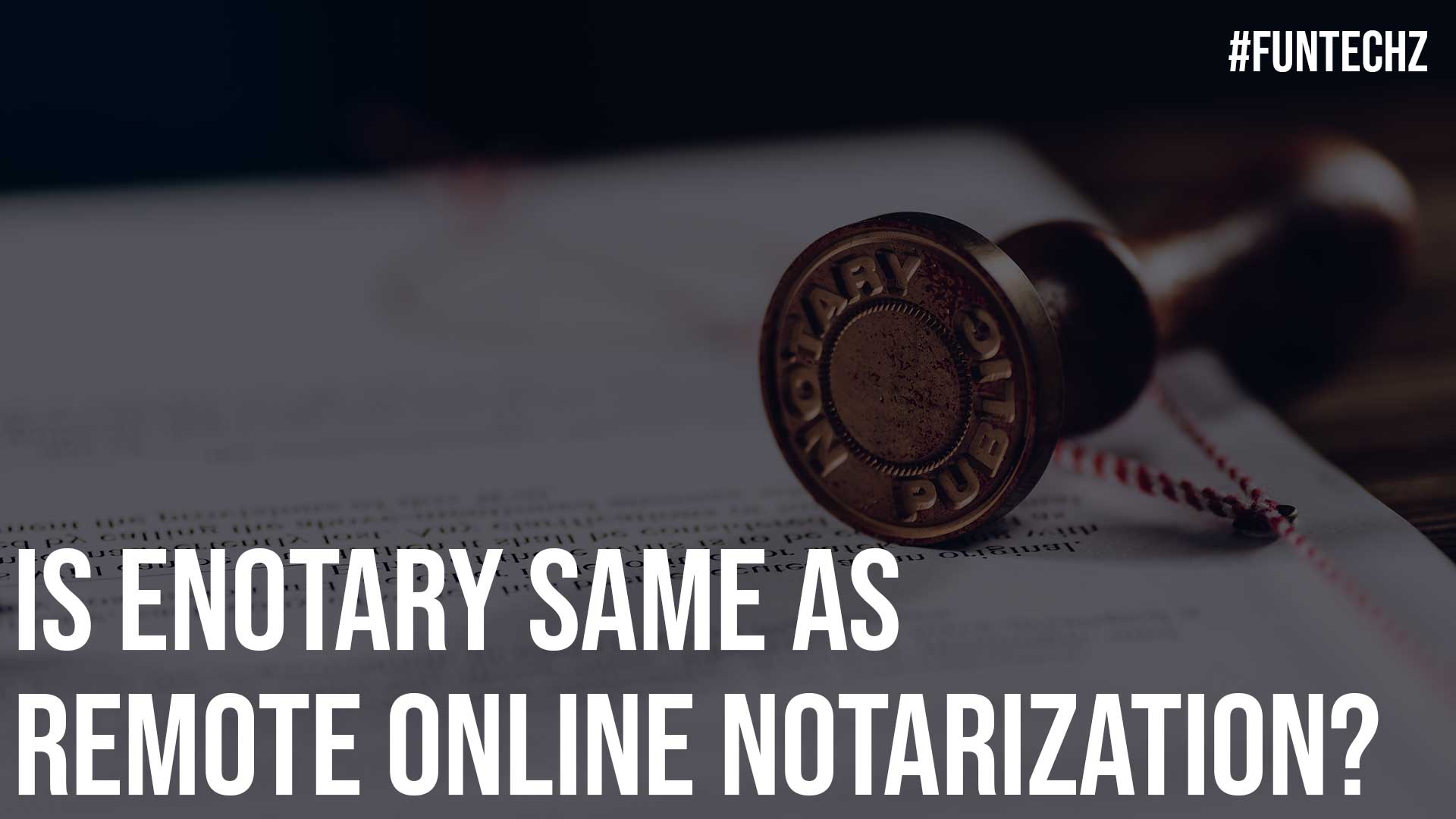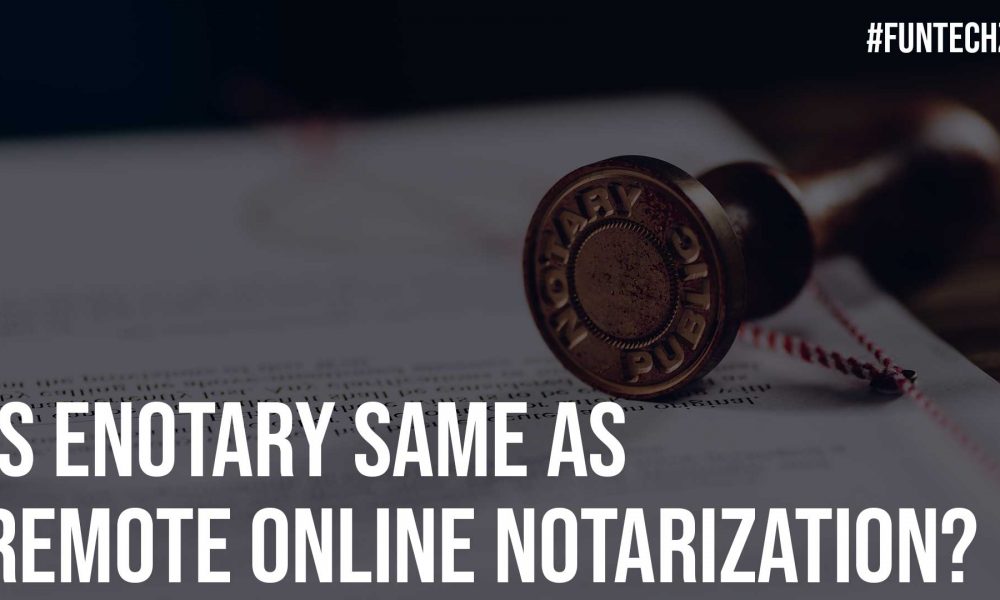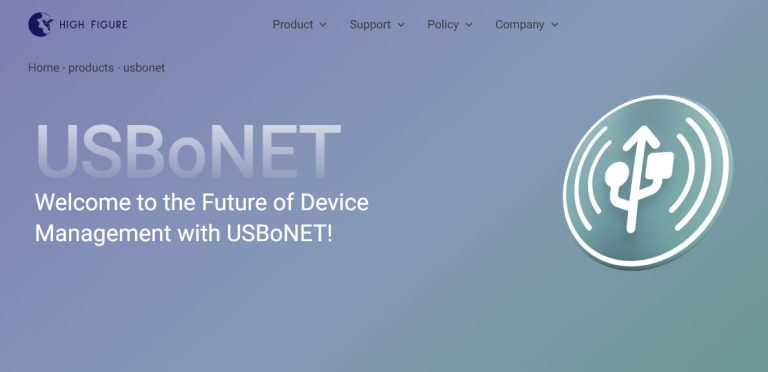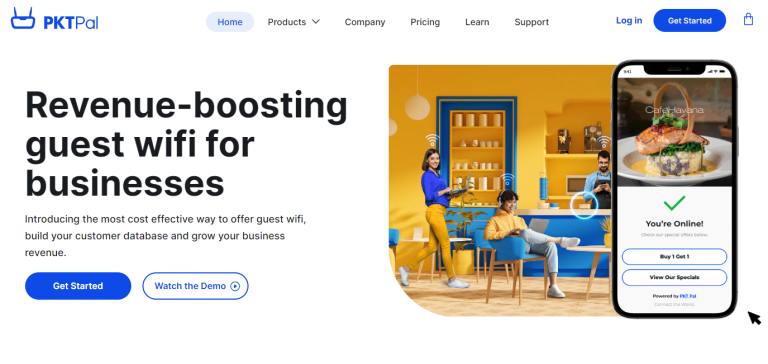Many states in the US have adopted e-notarization and remote online notarizations such as llc california, providing the parties involved in mortgage deals to use technological tools.
The two approaches to real-estate transactions are growing in popularity fast, yet only a few people can tell the difference between the two.
Having an in-depth understanding of each can come in handy, especially if you plan to secure a home through a mortgage loan. Lucky for you, we have gone out of our comfort zone to compile this guide.
It explains the difference between the two and the benefits of remote online notarization at a time when the coronavirus pandemic has forced people to operate remotely to prevent transmissions.

eNotary vs. Remote Online Notarization
Think of e-notarization as the traditional pen-and-paper notarization because the parties involved have to appear physically in front of a notary. The only difference is that an e-notary comes with a digital document.
That means that it relies on a system that supports electronic signatures. An excellent example is when you have to sign an online mortgage document at your bank’s offices using a stylus and pad.
On the flip side, remote online notarization is conducted virtually or online. It utilizes visual and audio equipment. None of the involved parties has to appear physically.
The notary, mortgage lender, borrower, and the designated witness, use an online app, where they can come together [as in a video conference] to sign a digital notary document.
Like e-notarization, remotely conducted notarizations also depend on electronic signatures.
Also Read: 3 Great IDEs for Your Web Development Project
The Differences between e-Notarization and Remote Online Notarization
Electronic notarization and remote online notarization offer the same outcome. In both approaches, the parties involved sign a digital notary document, but in different means.
When signing an e-Notary, all participants must be physically present before a notary in the same room during the exact time of signing.
Up to now, only a handful of states have created e-notarization platforms. They include Michigan, California, Kansas, Delaware, Arizona, and North Carolina.
On the other hand, remote notarization services are done remotely, with all participants in different geographical locations. Therefore, they don’t have to appear before the physical audience of the other parties involved.
All they need is access to an internet connection, audio equipment, webcam, and access to the video streaming platform.
Benefits of Remote Online Notarization
Remote online notarization is a new system that is still in its nascent stages. It’s an excellent alternative to traditional pen-and-paper notarization with many benefits.
It allows participating parties to sign notary documents without having to travel to the notary’s physical location.
Many states in the US are on the verge of enabling e-notarization services because they have realized its benefits. They include the following:
Enhanced Safety
Apart from the fact you can sign a notary mortgage document at whichever remote location you are at, it also provides a high safety level.
That is important because you need not meet the other parties in person, minimizing the risk and anxiety of meeting strangers, especially on a significant deal involving real estate purchases.
Moreover, remote online notarizations help notary signatories sign the document while adhering to the COVID-19 prevention guidelines, such as social distancing.
By taking part in an e-notary, you alleviate your chances of contracting the virus because you sign it alone, in a remote location.
More Efficient and Accurate Transactions
Traditional notaries take time because the papers need to undergo processing, which may take a matter of days. E-Notaries save time because the entire signing process takes a few minutes.
Besides, you also save the time and money of making the trip to the notary just to sign the document.
Most e-notarization apps are programmed only to highlight the mandatory sections of the e-document. That way, you can be sure that you have signed and filled the mortgage papers completely.
Minimizes Paperwork, Printing, and Postages
In remote online notarization, the entire process is digitized. That means that no one has to deal with the stacks of papers, printing, and posting them.
In the long term, it saves on operational costs, which, in turn, helps you retain your bank savings.
Also Read: Best Point of Sale Systems for Inventory Management
Secure Notarization Signature
Reputable e-notary providers run on secure software—any document and signature featured in a record securely stored, free from external breaches, and forgery.
Mortgage documents are papers that detail critical transactions that affect your finances.
It is essential to partner with a certified and approved e-notary or digital asset management company with electronic notary services that can provide identity proofing, protection against identity theft, and credential analysis.
Such tools are necessary for verifying that the other parties involved in the signing process are genuinely who they claim to be.














+ There are no comments
Add yours